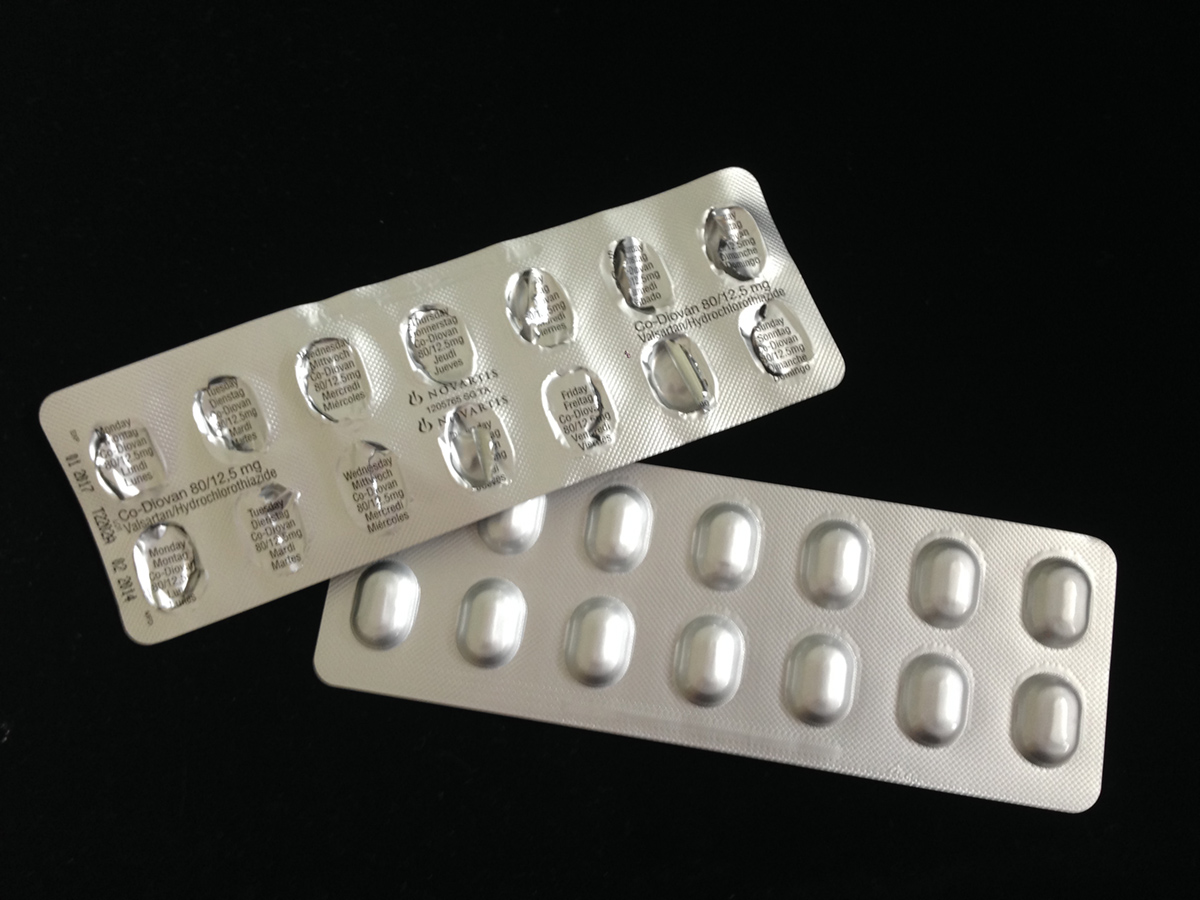
Bendroflumethiazide (bendrofluazide) is a thiazide diuretic medication. The medication is mostly used in hypertension therapy. It works by inhibiting the absorption of salt and water in the part of kidneys called renal tubules (distal convoluted tubule or DCT) but the exact mechanism is still unknown.
Caution
Bendroflumethiazide should not be used if you are allergic to the medication or any containing substance or any sulfonamide medication. Do not use this medication if you have been already using dofetilide or ketanserin, or have problems urinating.Inform your doctor about any medicine you have been using, including OTC and herbal preparations. All allergies must be reported to your doctor kidney and liver issues, diabetes, asthma, parathyroid problems, high levels of cholesterol or lipids, gout or low blood pressure. If you are pregnant, plan to become pregnant or breastfeeding, consults the doctor before you start using bendroflumethiazide.Low levels of sodium (natrium), kalium (potassium), magnesium or chloride and high levels of calcium should be reported to the doctor.
Possible side effects
The drug is affecting the metabolism, leading to hyperuricemia and hypercalciemia and hypophosphatemia and hypomagnesiemia. These metabolic changes are common side effects and usually appear in daily doses over 100mg.
This medication can be responsible for some gastrointestinal problems, like nausea, vomiting, diarrhea, constipation, abdominal pain, anorexia and gastric irritation, and rarely for cholecystitis, jaundice pancreatitis.
Patients report mild cases of dizziness, tiredness or sometimes headache and muscle pain.
Bendroflumethiazide could cause decrease tolerance of glucose and bad effect to lipids in the blood, mostly affecting patients with risks of diabetes and coronary artery disease.
Some patients treated with this medication experience orthostatic hypotension and syncope which could lead to temporary vision loss in patients with glaucoma problems.
Dermatological problems may appear in people hypersensitive to bendroflumethiazide and include rare cases of hair loss, erythema multitforme, Stevens-Johnson syndrome and exfoliative dermatitis. Allergic reactions are expected in patients allergic to sulfonamides.
Blood issues are rare. Bendroflumethiazide could cause aplastic and hemolytic anemia and thrombocytopenia.
Kidney problems in bendroflumethiazide therapy may be the reason to decrease the dose or stop the treatment.
Interactions with other medications
Bendroflumethiazide may interact with many other medicines and increase their or its own adverse effects. Be careful and inform your doctor if you are using: NSAID (non steroid anti-inflammatory medications), barbiturates, corticosteroids, corticotropin, narcotic pain killers, high blood pressure medications, diazoxide, nondepolarizing muscle relaxants, lithium, digoxin, dofetilide, ketanserin, and insulin or diabetes drugs.

















Your thoughts on this
Loading...